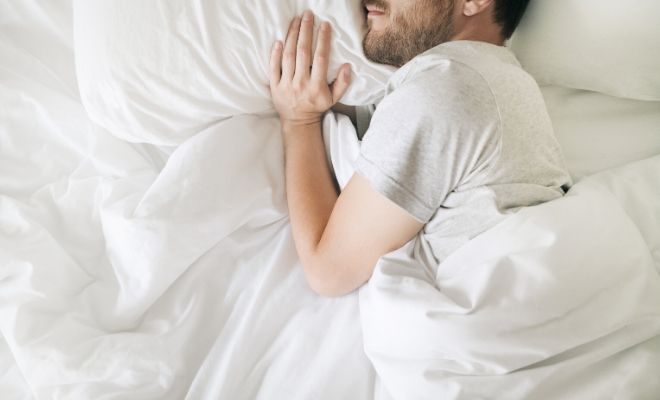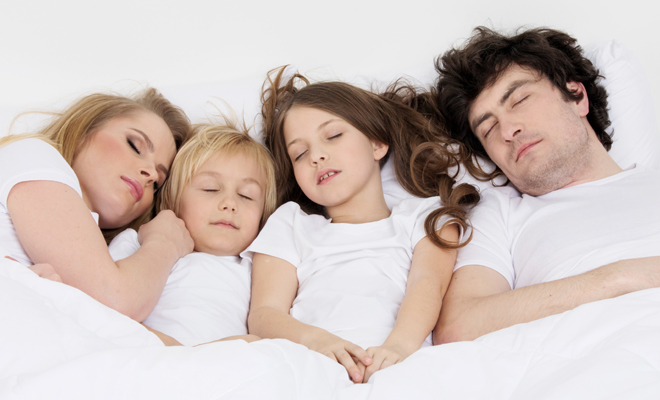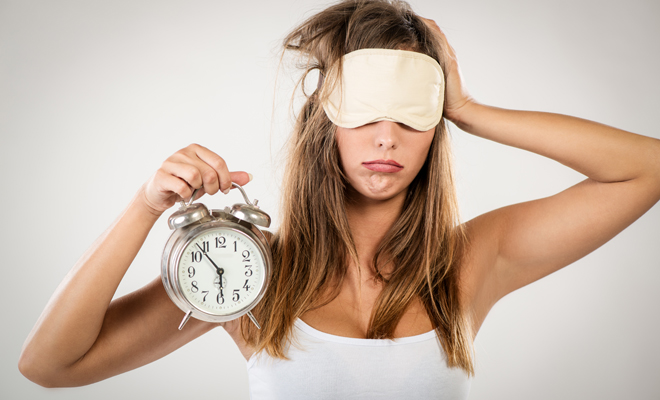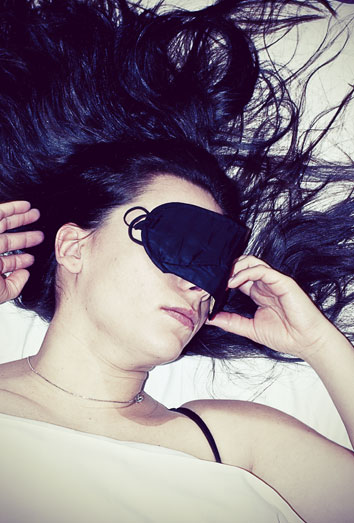For some sleep is a pleasure and bedtime is always welcome. But other people consider that sleeping is a waste of time that the time you spend sleeping is stealing from living or, worse, working, and they try to sleep as little as possible. Some even dream of never sleeping, of staying awake. Do you know what would happen if we never slept? This question is answered by the legendary Russian sleep experiment. Open your eyes wide because it’s a creepy episode.
What is the Russian sleep experiment?
- They say that it was in the 40s when Russian researchers from what was then the USSR (Union of Soviet Socialist Republics) decided to experiment with a recently invented gas that aspired to eliminate the need to sleep. Can you imagine never having to sleep? What would happen if we never slept? With these questions they chose not so voluntarily five prisoners of war to test the effects of that stimulating gas.
- The subjects of the experiment were locked in a chamber with food and water for a month and were also monitored by cameras and microphones around the room. With everything ready, the gas began to take effect and no one slept there or asked to sleep. The first five days everything went well, but from there…
- Things started to get ugly when the prisoners began to suspect each other, they suffered from paranoia and hallucinations, they screamed without rest and one of them even ripped his vocal cords. The others, seeing him, didn’t even flinch. One day silence fell in the room and the military entered. They found the food intact, the prisoners with torn muscles and skin; they had done it themselves.
- The soldiers tried to get them out of the room, but the prisoners refused. They screamed for more of that gas and attacked the soldiers. Finally, they were taken to the medical facilities and they could not sleep no matter how much sedative they administered, while they kept asking for more gas because they did not want to sleep.
The truth about the Russian sleep experiment
- How do you think this experiment ended? The horrific scenes in the medical facilities included screaming, attacks on medical personnel, and surgeries without anesthesia. Of the five prisoners or subjects of the experiment, three remained alive and were returned to the chamber in a state of extreme agitation. They calmed down as soon as they received the gas again, one of them died as soon as he calmed down.
- The other two were shot to death by the investigators because they were unable to enter the room without being attacked by those individuals who barely had skin anymore, accustomed as they were to tearing it off themselves. In short, a whole horror story.
- And in horror film we will leave it because the Russian sleep experiment is an urban legend that arose not from Russian scientists but from the imaginative minds of the Internet. What today we would call fake news, which started in a forum in which user’s added content to the story. But no, the Russian sleep experiment never happened.
Real experiments on lack of sleep
- However, other experiments have been carried out on sleep or, rather, on lack of sleep. The question of how long we can go without sleep is still in the air. And, well, actually the Randy Gardner student thing was more of an attempt to break the record for time without sleep and not so much an experiment in itself. However, his feat was documented by Stanford University.
- This student went without sleep for 11 days in 1964. And let’s see the reactions of his body as the hours of forced vigil passed. After 24 hours Randy was still fine, who has not gone 24 hours without sleep? However, his reflexes slowed down. The irritation began after 3 days without sleep and on day 5 he hallucinated that he was a famous athlete or mistaking traffic signs for people.
- Starting on day 7, Randy began to experience severe headaches and memory loss. The University found that his cognitive abilities were severely impaired and that his health was at serious risk. The student held out until the 11th in an attempt to enter the Guinness Book of Records, although he would later be beaten by an Australian who held out for 17 days. Luckily, these types of feats playing with sleep are no longer allowed.
What would happen to you if you never slept
- What is allowed are animal experiments to check the effects of sleep deprivation on the brain? And a team from the Marche Polytechnic University in Italy did it with rodents. The conclusions of that study give us an idea of what would happen if we never slept or what happens when we go without sleep for a long time. And basically it happens that the brain devours itself.
- Some effects are seen in as little as a week in the form of tics, skin inflammations, and hallucinations. Not to mention the extreme tiredness and the appearance of symptoms similar to those of Alzheimer’s, because it is clear that the brain slows down. But, do we really have to prove what happens if we don’t sleep? We do not want to get into the realm of science, but it seems quite evident that experimenting with sleep is not the healthiest and we do not quite understand where knowing how long we can go without sleep would lead us.
Why do we need sleep
- You have to sleep. Let’s make this clear because sleep is a vital necessity, our body needs it to keep working, our mind needs it to regenerate. And we need it to rest. The doctoral thesis of Andrés Rodríguez Sacristan Cacao on sleep disorders and sleeping habits for the Faculty of Medicine of the University of Seville affirms it: “Sleep is necessary for the preservation of life. Also for the optimal functioning of all organic systems. Sleep appears as a fundamental factor for the correct development of the central nervous system”.
- Even so, sleep disorders are becoming more frequent and are often a symptom, cause or consequence, all at the same time of anxiety or depression problems.
- Without going to the extreme of checking what would happen if we never slept, with a poor quality of sleep we can already see how eating disorders, weight gain, less muscle mass, risk of diabetes, lower performance, lack of concentration, increased nervousness, occur. Extreme exhaustion and all the consequences of stress that are an endless list.
- The increase in sleep disorders indicates that we are not getting enough sleep and that is a problem. Are we poorly organized or do we not have time to sleep? Or maybe it is not a question of time, but of quality. Experts say that an adult person should sleep between 7 and 9 hours. Do we comply? We may be able to spend 9 hours in bed, but we rarely sleep all the time, much less sleep well.
- And since sleeping is not only a necessity, but also a pleasure, we always suggest paying more attention to our daily habits before going to bed. It is what we call sleep hygiene and which are a series of premises that lead us to get to bed relaxed, with the focus on resting, without external or internal discomfort and leaving only a space reserved for dreams. Everything else is invested in resting, improving the quality of sleep and achieving what many call restful sleep.







